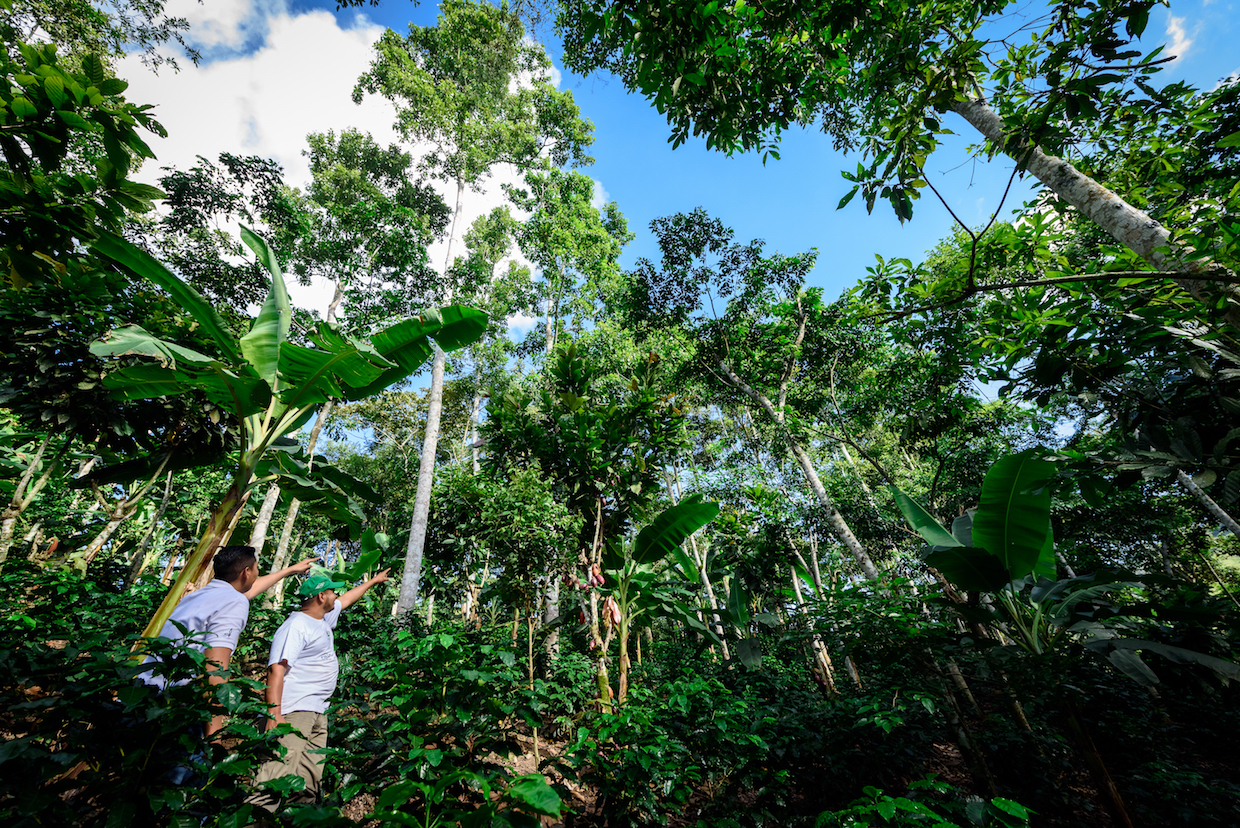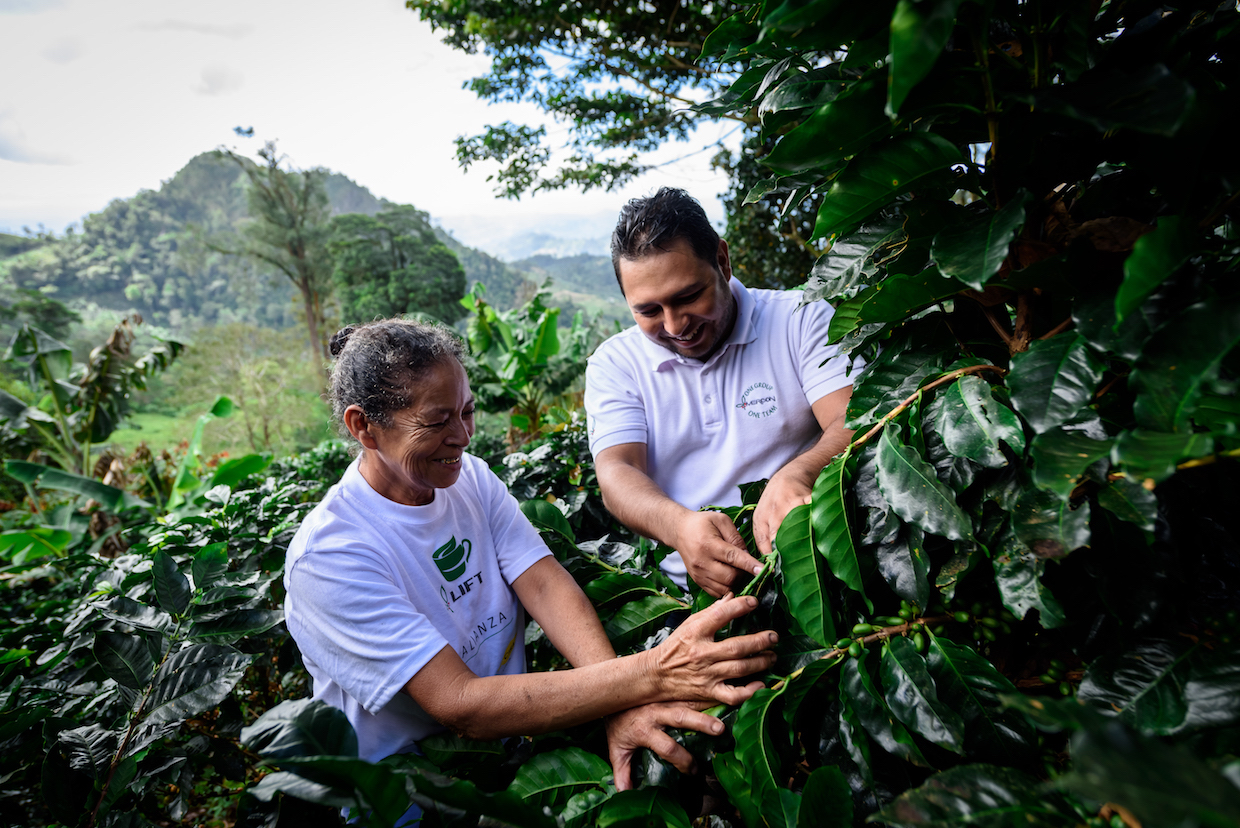Green coffee trading company Mercon has announced that it has closed on a $450 million revolving loan tied to sustainability initiatives.
The Netherlands-based company, one of the world’s largest buyers and sellers of green coffee, says the two-year secured revolving credit facility is the first of its kind in the coffee sector, and the first in commodity trading in the United States.
“As a group, we are extremely proud to be a part of this ground-breaking facility which allows us to reaffirm our commitment to source and deliver the right quality of coffee and to do so while adding value to everyone in the supply chain,” Mercon Coffee Corporation Chief Executive Officer Oscar Sevilla said in a press release today.
Businesses typically seek revolving credit facilities, also called revolving loan facilities, as a way to maintain flexible access to credit from banks. Funds drawn from the loan bring down the available credit balance — in this case, $450 million — while repayment and re-borrowing may occur throughout the term of the loan.
Mercon says the credit facility, led by the dutch multinational investment bank Rabobank, will be used for sustainability initiatives tied to sustainability performance indicators. The group is following the GRI Sustainability Reporting Standards (GRI Standards) from the Global Reporting Initiative, an independent standards organization that helps guide corporations in reporting on sustainability efforts.
In today’s announcement, Mercon touted its in-house sustainability program called LIFT, which launched in Nicaragua and features initiatives related to training and technical assistance for coffee farmers, farm business management, agricultural practices, socio-environmental practices, climate-smart agriculture, Rainforest Alliance standards compliance, and access to capital and risk-management tools.
The LIFT program also contributes to the Seeds for Progress Foundation, which seeks to provide education access in coffee-growing communities.
As part of the loan, Mercon is expanding its LIFT program to other countries of origin where it already has established operations, including Guatemala, Honduras, Brazil and Vietnam.
“This new partnership will allow us to advance in some of the most relevant sustainability areas which benefit farmers where they needed the most,” Mercon Coffee Corporation COO Juan Pablo Ibarra said.
In terms of potential, the credit line represents one of the largest sustainability investments in the history of the coffee sector. Three years ago, Starbucks turned to the bond market with plans to use net revenues of $500 million toward sustainability programs of its own, primarily in folding farmers into its in-house sustainability certification, CAFE Practices.
While the financing mechanisms here are technically different, both nonetheless reinforce the concept that sustainability remains an externality in the coffee sector, rather than part of the cost of doing business.
Nick Brown
Nick Brown is the editor of Daily Coffee News by Roast Magazine.
Comment
1 Comment
Comments are closed.








According to the 3rd IMO GHG study, shipping emissions could under a business-as-usual scenario increase between 50% and 250% by 2050 undermining the objectives of the Paris Agreement.
It’s possible to remove up to 20% of worlds coffee on cargo ships by roasting at source, yet roasters seem to want to ignore this and carry on damaging the planet.